Permission - Kyoka
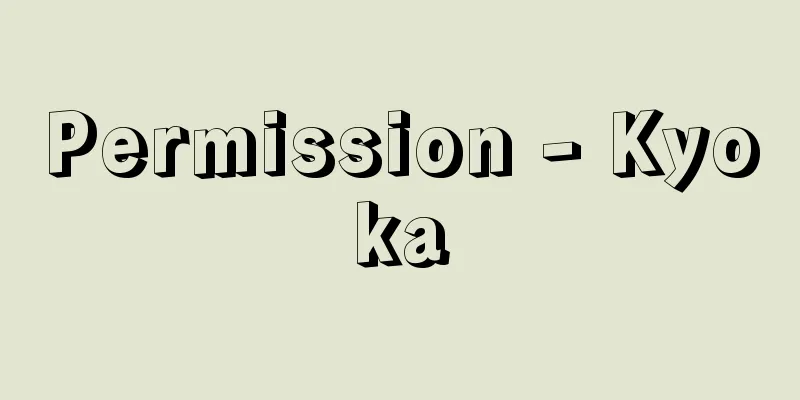
|
It means lifting a general prohibition (obligation to refrain) in a specific case and allowing a specific act to be performed lawfully. It is one of the administrative supervision methods to regulate individual actions that go against the public welfare, and is a system that checks in advance whether an individual's action is permitted before taking action. It is a concept in administrative law and has no relation to the terminology used in positive law, so what is called approval or license in legal provisions may be called permission in academics, and conversely, even if the term permission is used in positive law, it may be called patent or approval in academics. Depending on the legal field and purpose of the permission system, it is divided into police permission, regulatory permission, financial permission, etc. Examples include restaurant business permits, public bath business permits, hotel business permits, driver's licenses, adult entertainment business permits, drug manufacturing approvals, liquor store sales licenses, agricultural land conversion permits, bus and taxi licenses, and development permits for housing complexes. Building confirmation is an act of confirming that a building plan complies with laws and regulations, and is a type of confirmation act, but it also has the nature of a permission that lifts in advance a general ban on construction. Permission is granted only to remove the obligation to refrain from action after confirming that it is not contrary to the public welfare from an administrative standpoint, and is unrelated to the existence of private law rights of the permission holder. For example, if Party A and Party B both apply for permission to operate a hotel building whose ownership is disputed between them, as long as Party A and Party B are not disqualified and the hotel meets public health standards, both parties will be granted permission. Whether or not they can actually operate will be decided by a civil lawsuit between Party A and Party B. Furthermore, even if someone else has obtained permission to operate your building, you will not be recognized as having any interest in filing a lawsuit to cancel it. Therefore, you should request eviction, etc. based on ownership rights. If an act that requires permission is performed without obtaining permission, it may be punished and subject to administrative enforcement, but this has no bearing on the private law effect of the act. For example, the operator of a so-called unlicensed taxi (a taxi with a white number plate) that does not have a license under the Road Transport Act is subject to punishment for violating the said law, but the passengers are not exempt from the obligation to pay the fare. If a building is erected in violation of the Building Standards Act without obtaining a building confirmation, it may be subject to punishment and may be demolished by administrative enforcement, but the ownership of the building will not be denied. Concepts that are easily confused with permission include patents and authorizations. Patents are distinguished from authorizations, which do not grant rights, in that they establish rights, legal capacity, and a comprehensive legal status for the other party, while authorizations are distinguished from authorizations, which do not affect private law effects, in that they are acts that give effect to legal acts. [Yasuhito Abe] [Reference items] | | | | | | | | |Source: Shogakukan Encyclopedia Nipponica About Encyclopedia Nipponica Information | Legend |
|
一般的禁止(不作為義務)を特定の場合に解除し、適法に特定の行為をなすことを許すことをいう。公共の福祉に反する個人の行動を規制する行政の監督手法の一つで、個人が行動に出る前に、その行為が許されるかどうかを事前にチェックするシステムである。行政法学上の観念で、実定法上の用語例とは関係がないので、法律の規定上、認可・免許とよばれるものも、学問上では許可になることがあり、逆に実定法上、許可という用語が用いられていても、学問上は特許や認可とされることがある。許可制度の置かれる法領域や目的により、警察許可、規制許可、財政許可などに分けられる。飲食店の営業許可、公衆浴場業の許可、旅館業の許可、自動車運転免許、風俗営業の許可、薬の製造承認、酒屋の販売免許、農地転用の許可、バス・タクシーなどの免許、住宅団地などの開発許可などがその例である。建築確認は建築計画が法令に適合することを確認する行為で、いわゆる確認行為の一種であるが、建築の一般的禁止を事前に解除する許可的な性質も有する。 許可は、行政上の見地から公共の福祉に反しないことを確認して不作為義務を解除するにとどまるもので、許可権者の私法上の権利の有無とは関係がない。たとえば、甲・乙間で所有権の帰属が争われている旅館の建物について、甲・乙がともに旅館業の許可を出願した場合、甲・乙が欠格事由に該当せず、当該旅館が公衆衛生上の基準に合致する限り、両者とも許可が与えられる。現実に営業できるかどうかは甲・乙間の民事訴訟により決せられる。また、自分の建物について他人が営業許可を得ても、その取消訴訟を提起する利益は認められない。したがって、所有権に基づき明け渡しなどを求めるべきである。 許可を要する行為を許可を得ないでしたときは、処罰されるとともに行政強制の対象となることがあるが、その行為の私法上の効力には関係がない。たとえば、道路運送法による免許を受けない、いわゆる白タク(白ナンバーの無免許タクシー)の経営者は同法違反により処罰の対象となるが、その乗客は料金支払義務を免れない。建築確認を得ないで建築基準法違反の建物を建てると、処罰の対象となるほか、行政代執行により取り壊されることがありうるが、その所有権は否定されない。 許可と混同しやすい概念として、特許、認可がある。特許は相手方に権利・権利能力・包括的な法律的地位を設定する点で、権利を与えない許可と区別され、認可は法律行為に効力を与える行為である点で、私法上の効力を左右しない許可と区別される。 [阿部泰隆] [参照項目] | | | | | | | | |出典 小学館 日本大百科全書(ニッポニカ)日本大百科全書(ニッポニカ)について 情報 | 凡例 |
>>: Jū yán hǎi (English spelling)
Recommend
Tawaraya Sotatsu
Years of birth and death unknown. Painter from th...
Joint network - Kyodoami
…In early modern fishing villages, the compositio...
Henriot, J.
...One of the important factors in this is the wi...
Linnaeite
…The main production area is the Copper Belt, whi...
Hvezda z Vicemilic (English spelling)
…He was the leader of the incident on July 30, 14...
The Freshman
...After that, he created a new character with a ...
Officer school - KAMBUGAKKO
The highest educational institution of the Self-De...
Cloud particles - Cloud particles
Cloud particles. They are water droplets or ice cr...
Lyctocoris beneficus (English spelling)
...The antennae are four segments, with the two d...
Dielectric breakdown
When voltage is applied to an insulator, only a v...
Anonymous Association - Tokumeikumiai
A contract in which one of the parties (anonymous...
Amursana - Amursana (English spelling)
1722‐57 A Dzungar prince and a fighter in the Mong...
Advanced conversion reactor - Shingata Tenkanro
A type of nuclear reactor. Among thermal neutron ...
Arabiya - Arabiya
…It belongs to the South Semitic branch of the Se...
Anti-Corn Law League
An organization formed in Manchester on March 20,...
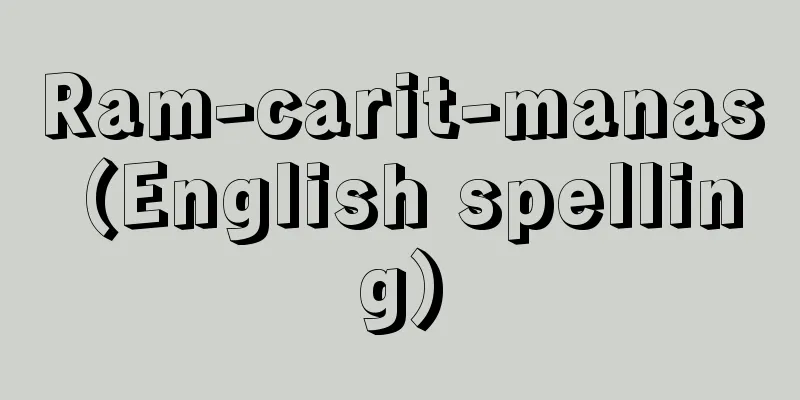
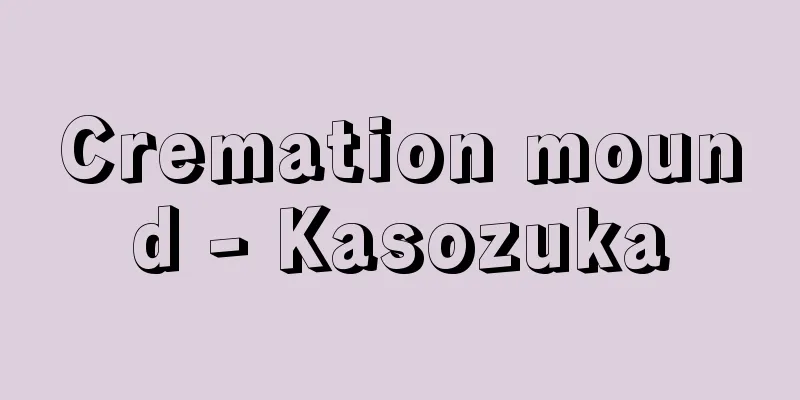
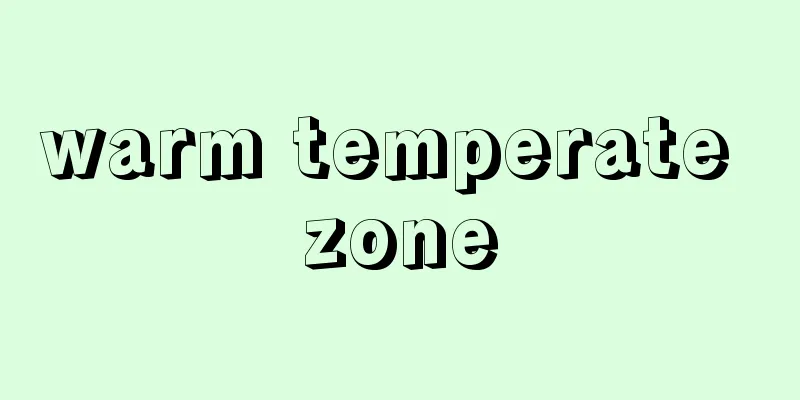




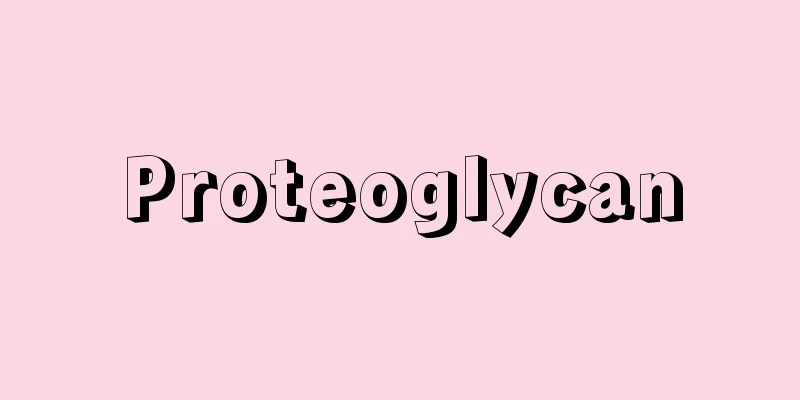
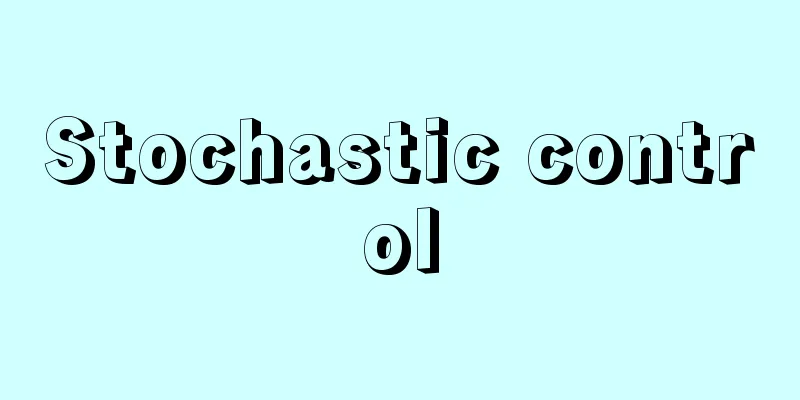
![Kasasa [town] - Kasasa](/upload/images/67cb31576feb8.webp)